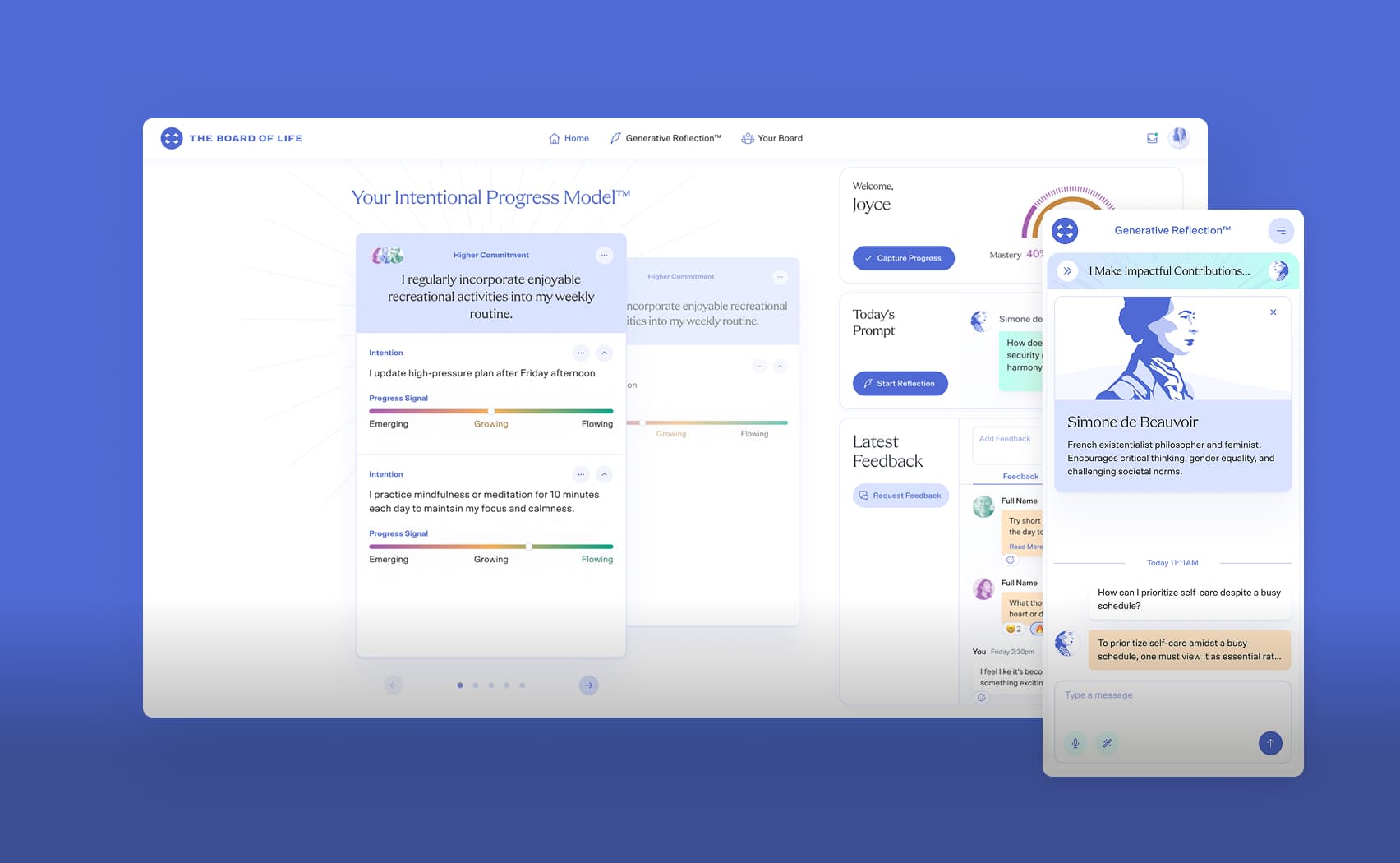Building a Website From Scratch With Zero Experience, Part 2: Lessons.
In the last article, I described my experiences managing an IT project for the first time. Because I spent the first decade of my career in the hospitality industry, I was unfamiliar with some of the challenges I would face. I had to deal with constant bugs and glitches, communication problems, late deadlines, and more.
But by the end of it all, pursuing the project was worth it. I grew in my role as Business Development Manager of JetRockets, and learned several lessons along the way.
Some of these lessons are:
- Build Trust and Support
- Never Stop Learning
- Where There’s a Will, There’s a Way
- Nothing is Ever Perfect
- Set Clear Goals and Objectives
- Be Transparent
- Use PM Software
- Manage Your Work Flexibly
- Quickly Get Started and Organized
- Track and Report on Progress
Build Trust and Support
At the end of the day, the success of your project depends entirely on the people working on it. This is easy to lose sight of when you rely heavily on technology, but it is 100% true. Your project’s success hinges on people trusting each other and being able to work with each other.
This is important when you work in person, but it’s about a million times more important when you work remotely. Humans aren’t adapted to interacting exclusively via screen, so you must work harder to make it happen.
Never Stop Learning!
Admit if you don’t know something; don’t be afraid to ask your colleagues. There’s plenty that they don’t know either.
I am especially fond of this lesson since it has been vital to my entire career. The only reason I was able to switch from hospitality to IT was because I believed in my ability to learn new things.
Where There’s a Will, There’s a Way
When you think that something is impossible- it’s not true. Everything is possible if you will it, want it, and work towards it, day after day.
(Ok, maybe you won’t square the circle or turn lead into gold. But for almost everything else, there is a way.)
Nothing is Ever Perfect
You have to admit that to move on. There will always be something to improve or change, and even the best writers, artists, and developers have to choose a point to stop working. Perfect is the enemy of Good.
Set Clear Goals and Objectives
You need to know exactly what you are trying to do in order to complete a project successfully. Failure to set appropriate goals and objectives can lead to many other issues, including poor management of resources and stakeholders.
Although it’s a bit of a cliche at this point, setting SMART goals really does help. Keep your goals Specific, Measurable, Attainable, Relevant, and Time-Bound.
Be Transparent
This goes hand-in-hand with lesson 1, but it’s important to reiterate: be honest, communicate, discuss, and talk to each other. In a team, you should be sharing information, whether it be good or bad.
Honesty is the key to trust, our most valuable resource as human beings. An estimated 37% of software projects fail due to poor team or organizational management.
Use PM Software
Don’t underestimate PM software. It exists for a reason! Lots of time-consuming or tedious tasks, like scheduling, can and should be outsourced to computers. We love to use Asana in our teams and you can do so too. Here a list of Top 10 PM Software to choose for your specific needs.
Using PM software can free up time and energy for planning and thinking creatively about the steps ahead. And if you are leading a team, that should be the main thing your mind is focused on.
Manage Your Work Flexibly
Nothing stays constant in life, and software development is certainly no exception. Every day brings new surprises, whether new bugs or changing client demands.
Keep to a good strategy, but remain flexible and open-minded for a different approach. What worked for you up until now might be a losing strategy next week.
Quickly Get Started and Organized
Nothing beats getting started early. Software projects are infamous for going over schedule, so any extra time you can get counts.
Here are great 17 tips to get organized!
Here are great 17 tips to get organized!
The organization is vital because complexity scales rapidly as the project develops. Without a good system in place from the start, it may become impossible to handle all the new data that comes in.
Track and Report On Progress
It’s important to keep an eye on how far you’ve come already in order to decide where to go next. Stakeholders will want to know how their project is going. And it also helps the development team by reminding them of the value of their work so far.
Project Management is Hard, But Worth It
I’m glad that I took on the website development project, because it helped me grow in my IT career. It finally gave me the confidence I needed to feel like I belonged here. In the future, I will be better equipped to handle tech-related challenges, lead teams in important projects, and understand the struggles of the those working around me.



